It Doesn’t Take Much
The amount of electricity used by one 7.5 watt Christmas tree bulb can kill you in a fraction of a second if it passes through your chest. Even if it isn’t fatal, electrical shock can easily cause serious falls, burns, cuts, or internal bleeding.
Your Service Panel
Your service panel contains fuses or circuit breakers which interrupt power to specific circuits in case of a short circuit or overload. If this happens: 1) Unplug appliances. 2) Switch off power at the main switch. 3) Replace the fuse that has a broken metal strip with a new fuse of the same rating typically 15 amperes. 4) If you have circuit breakers instead, switch the one that’s “off” to “on.” 5) Try to determine the cause of the problem. 6) Restore power. Never put a penny or aluminum foil in a fuse box to replace a fuse. CDE Lightband has free circuit breaker labels available upon request.
Electrical Appliances
Remember the most important rule for home appliances, electricity and water don’t mix. Keep appliances, especially hair dryers, away from bathtubs, puddles, sinks and wet hands. Unplug an appliance before cleaning even if it’s off, it can shock, and wet skin decreases your resistance to electricity significantly. Never put metal objects in live parts of appliances or in outlets. If an appliance overheats, unplug it and have it checked. Use only electrical equipment that is approved by a recognized testing laboratory, such as Underwriters Laboratories.
Your Home Wiring
Your home wiring is just a number of loops, or circuits. A “live” wire brings current to a light or an outlet. A “neutral” wire returns current to its source. Between inside wiring and outside power lines is a service panel.
How Shock Happens
Electricity always seeks the shortest path to the ground. It tries to find a conductor, such as metal, wet wood, water, or your body! Your body is 70% water. So if you touch an energized bare wire or faulty appliance while you are grounded, electricity will instantly pass through you to the ground, causing a harmful or fatal shock.
Prevent Electrical Fires
If you’ve ever touched a hot light bulb, you know how hot it can get, up to 300 degrees for a 100-watt bulb. So keep anything that will burn away from light bulbs, portable heaters, or toasters. Turn off heating and cooking appliances before leaving home. Don’t overload outlets. If you must use an extension cord temporarily, match amperage or wattage limits marked on the cord and appliance to avoid a fire hazard.



